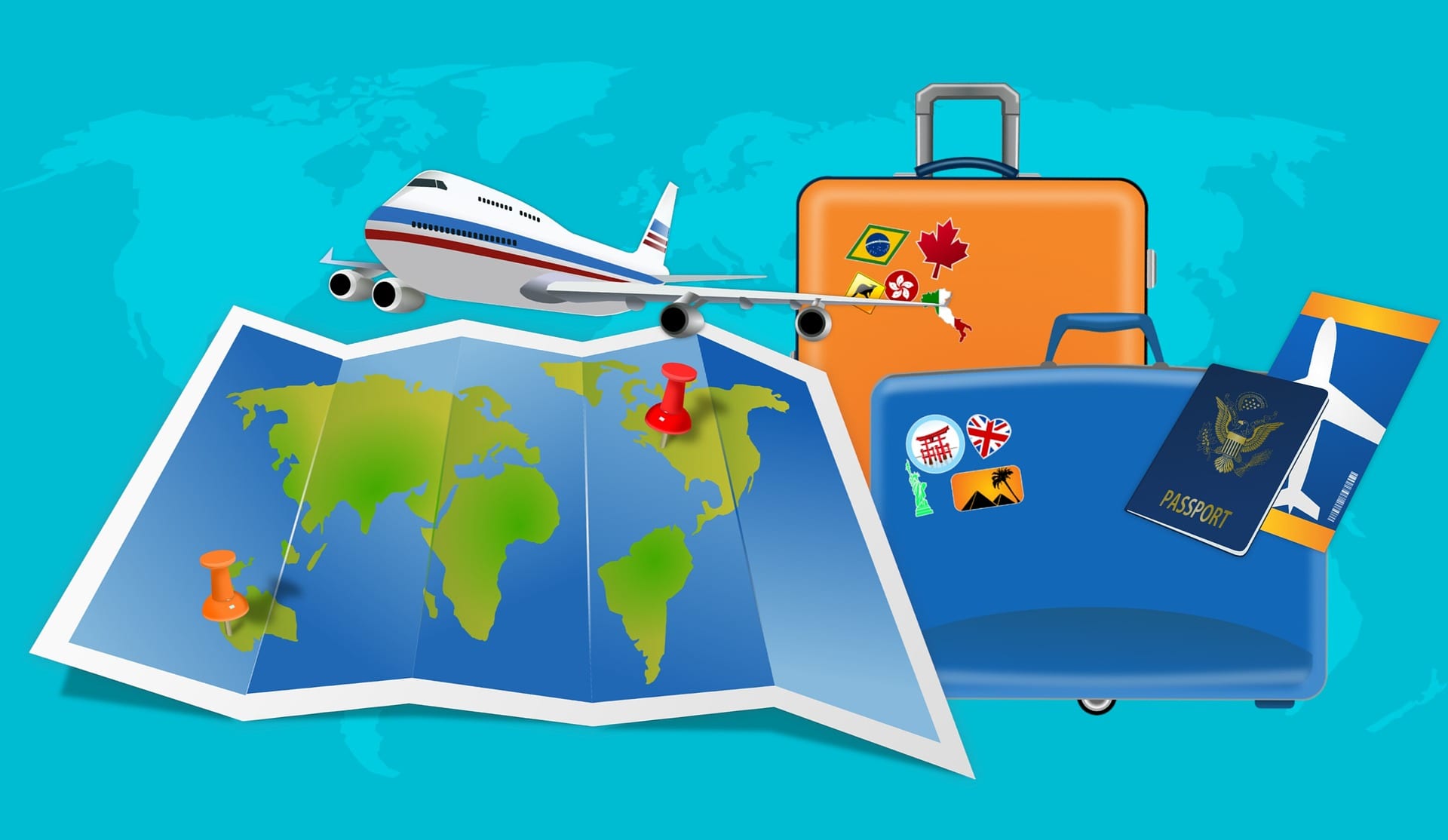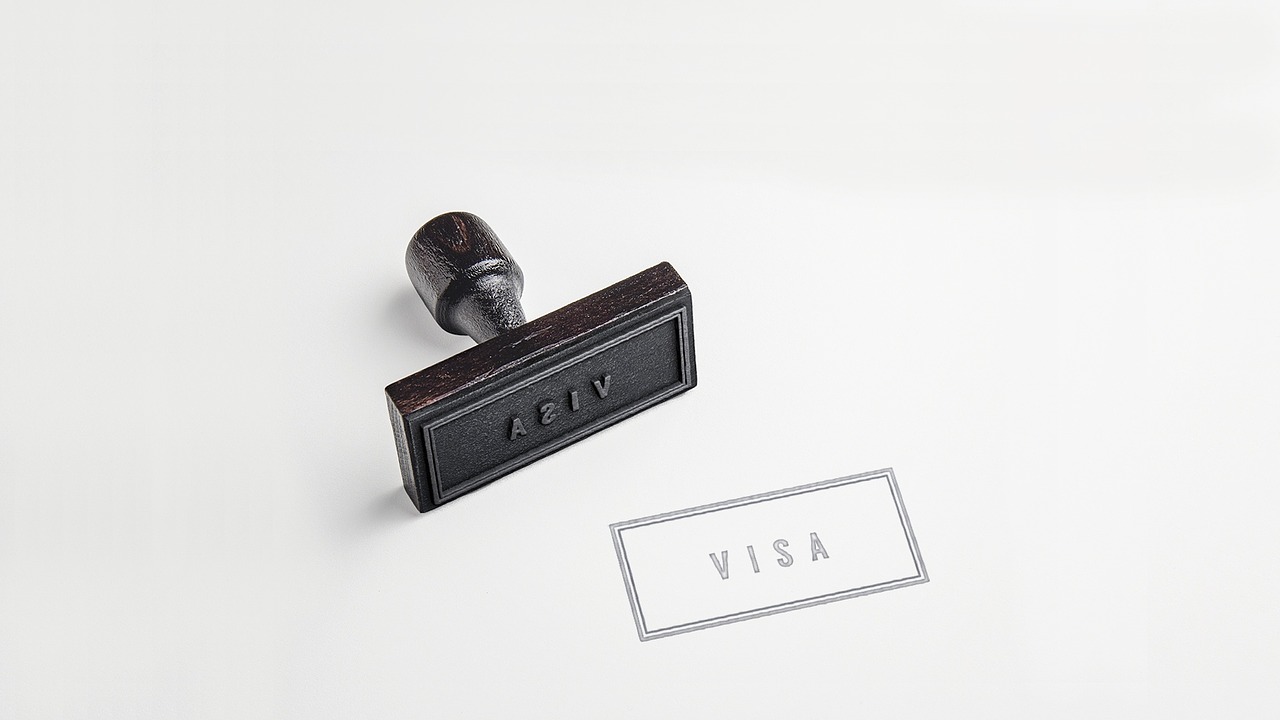The Latest News on Arrivals in France
Taken from the French government’s dedicated visa page, the following relates to the latest requirements and information regarding foreign arrivals in France from outside the EU/Schengen Area.
Whether or not you need a visa, entry into the Schengen area of third-country nationals must comply with a certain number of conditions, as provided for by the European and national regulations in force.
Required documents
- A valid passport issued less than 10 years before and valid for at least 3 months after the envisaged departure date;
- A valid visa, if required (see below);
- Proof of accommodation covering the whole duration of the stay (hotel reservation and/or certificate of staying with a relative validated in the town hall);
- Sufficient financial means (see below);
- Your return ticket or the financial means to acquire one at the envisaged return date;
- Any document providing details on the profession or the capacity of the traveller as well as on the establishments or organisations located in France which are expecting you, if you are on a professional trip.
- You must have an insurance certificate covering all medical and hospital expenses for which you may be liable for the duration of your stay in France, as well as medical repatriation costs and expenses in the event of death.
For travellers in transit, you must be able to present proof of satisfying the entry conditions in the final destination country (conditions of stay and accommodation during transit, continuation ticket and visa for the destination country).
Financial means
The means of subsistence shall be assessed according to the duration and purpose of the stay and by reference to the average prices for accommodation and food in the Member States.
For France, this amount is:
- 65€ per day of stay in the case of presentation of a hotel booking;
- 120€ per day in the case of non-presentation of a hotel booking;
- In the case of a partial hotel booking: 65€ per day for the period covered by the booking and 120€ per day for the remainder of the stay.;
- €32.50 per day if you are hosted by an individual.
Short-stay visas
British citizens do not require a visa if spending up to 90 days over a 180 days period in the Schengen area. You may however be asked like any other third country nationals to justify your travel by the Immigration Officer (means of living, address of stay, medical travel insurance…). |
This type of visa is generally issued for tourism, business trips or family visits.
It is also issued to persons entering to France to take part in short training programmes, internships, conferences and corporate meetings, or to engage in remunerated activities (whatever the form), not exceeding 90 days over any period of 180 consecutive days.
This type of visa is also required for simple transit through France, once outside “international zone” at any airport:
- If you need to change airports to continue your travel;
- If you are waiting for a transfer flight at a hotel or at an acquaintance’s home.
Foreign nationals not required to hold a visa to enter the Schengen Area by virtue of their nationality:
- Citizens of the European Union (EU), European Economic Area (EEE) and Switzerland;
- Nationals of countries listed on the common Schengen list (Annex 2 of (EC) Regulation 2018/1806 (pdf)) ;
- Persons eligible for a visa waiver to enter the Schengen Area on the grounds of possession of a resident permit or long-stay visa:
- Holders of a valid residence permit, issued by a Schengen Area state;
- Holders of a valid residence permit, issued by a European Union state bearing the specification “Membre de famille” or “Résident de longue durée CE”;
- Holders of a valid long-stay visa, issued by a Schengen Area state.
An official online calculator is available to determine the maximum authorised duration of short-stays for non-European foreign nationals in the Schengen Area.
Circulation visas
If you make multiple short trips to France each year, you may, under certain conditions, be eligible to apply for a multiple-entry visa valid for anywhere from 6 months to 5 years. This visa is commonly referred to as a “circulation visa“.
It enables you to make as many stays as you wish in France, provided that you abide by the cumulative time limit of 90 days per period of 180 days, for the duration of its validity. The period of validity is determined by the French administration, depending on your situation and previous visas granted to you.
To be granted a circulation visa, you must:
- Provide proof of the need or intention to travel frequently;
- Provide proof of integrity and reliability, particularly via previously granted visas.
In all cases, the French administration will determine whether a circulation visa can be issued, as well as establish the duration of its validity.
You may apply for a new circulation visa before the valid circulation visa has expired.
Long-stay visas
For any stay in France exceeding 90 days, you are required to apply in advance for a long-stay vis. In this instance your nationality does not exempt you from requirements.
Whatever the duration of your planned stay, the duration of your long-stay visa must be between three months and one year. In order to extend your stay beyond the period of validity of your visa, you must apply for a residence permit at a prefecture.
During its period of validity, the long-stay visa is equivalent to a Schengen visa, enabling you to move around and stay in the Schengen Area outside France for periods not exceeding 90 days over any period of 180 consecutive days, under the same conditions as if you held a Schengen visa.
If your nationality or the context of your stay in France do not exempt you from the visa application requirements (visa assistant), you will need to check the individual conditions for the visa that best suits your purpose:
- Stay for an extended period for tourist or personal reasons;
- Carry out a professional activity;
- Pursue education;
- Join family members.
In any of the above situations, you will be required to attach supporting documents specific to your situation to your application, and follow the respective procedures.
Applications from the UK
In the UK (England, Wales, Scotland, Northern Ireland, the Isle of Wight, the Isle of Man, the Bailiwicks of Jersey, Guernsey, Gibraltar and the Falkland Islands) visas applications are processed by the French Consulate General in London where all decisions are taken.
Nevertheless, there are three visa application centres located in London, Manchester and Edinburgh. Residents in the UK can apply freely in any of those 3 centres as there is no consular area.
You may submit your visa application up to 180 days prior to your planned dates of travel. You are strongly advised to allow at least 20 working days of processing delays.
Once visa applications are transferred to the Consulate in London, they are generally processed within 2 to 15 working days. However note that delays may vary according to different factors and that they are given as a general guideline.
Exemptions
You are exempted from presenting supporting documents at the border if you belong to one of the following categories:
- You hold a valid French residence permit or a movement document for foreign minors (DCEM) or a French identity certificate (TIR);
- You are spouse of a French citizen;
- You hold a long-stay visa marked with “residence permit must be applied for upon arrival in France”;
- You are the holder of a document attesting to one of the following functions:
- Member of diplomatic missions and consular posts taking office in France;
- Member of parliament;
- Official, officer or agent of foreign public services, carrying an assignment brief from your government;
- An official of an intergovernmental organisation of which France is a member, carrying an assignment brief from that organisation;
- Ships and aircraft crew members engaged in service travel.
| Check your particular visa requirements with the online visa assistant here. |



Kate,
I had the following reply from the French Consulate in London:
Dear Sir/Madam,
All third country nationals – including British nationals since 01/01/2021 – should be able, if requested, to produce to the immigration officer when entering France the following documents in addition to a valid passport :
1. Evidence of accomodation in France:
· for tourism: hotel reservation (in the absence of a hotel reservation, the traveler will have to prove that he possesses at least 120€ per day, see point 2), rental agreement, property title, package tour confirmation ;
· for a professional visit: letter from the employer, invitation from a French firm or organisation ;
· for a private visit if accommodated by friends or family: Certificate of Board and Lodging “attestation d’accueil” issued by the “Mairie” in France ;
2. Evidence of financial means of support : cash, travellers cheques, valid international credit card, bank statement,…(65 € per day in France or 33 € if you have a certificate of Board and Lodging).
3. Travel insurance covering all medical, hospital and funeral expenses which may occur during the entire period of your stay in France, including repatriation costs on medical grounds ;
4. Guarantees of return: return ticket…
If you own/rent a home in France, you are not required to apply for a Certificate of Board and Lodging but will have to produce if requested any official documents evidencing this (property title, taxe d’habitation, taxe foncière, quittance de loyer, recent bills etc…).
If you are inviting friends/family to stay at your home in France but reside in the UK and are therefore unable to obtain the certificate from the Mairie, you may instead give your family members an invitation letter together with a copy of your passport as well as copies of any documents proving you reside in the UK and documents evidencing the ownership in France.
For more information on the requirements related to arrival in France https://france-visas.gouv.fr/en_US/web/france-visas/your-arrival-in-france
Regards,
NLR
Consulat Général de France à Londres/ French Consulate General, London
21 Cromwell Road
LONDON – SW7 2EN
http://www.ambafrance-uk.org
a little more confusion –
https://www.connexionfrance.com/French-news/Brexit/Travel-to-France-Host-s-invitation-can-replace-attestation-d-accueil
I am trying to get this confirmed ‘officially’ but i am not having any luck
Hello Leslie. They might actually not know!
I think that most people are writhing about in confusion, including those we would expect to be able to advise us, because they aren’t getting the info themselves!
As stated, we took this from the French government’s dedicated visa page, and if the answer to your question isn’t there, it might not even exist!!
Keep trying with Amélie. I know they really want to do everything they can to help all nationalities to move, settle and enjoy the town and it’s facilities – and let us know when you get an answer please. Bon courage!
There is no mention of how a non-French resident with a 2nd home in France can welcome a friend or family to their holiday home?
Will these visits be covered by the 120 euros a day for not having a hotel booking or reception certificate?
I have requested information on this from Amelie les Bains Town Hall, but haven’t as yet received a reply.